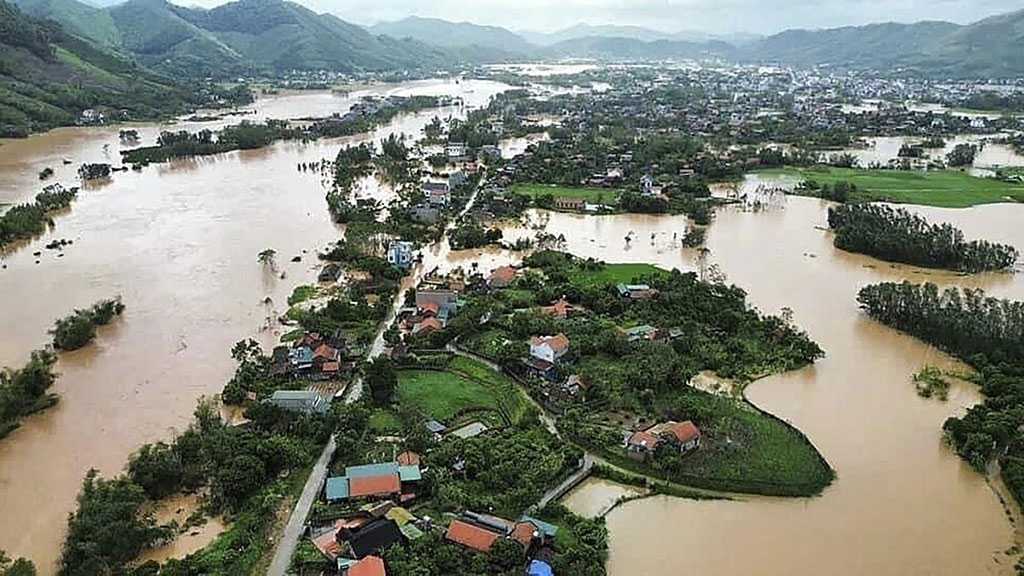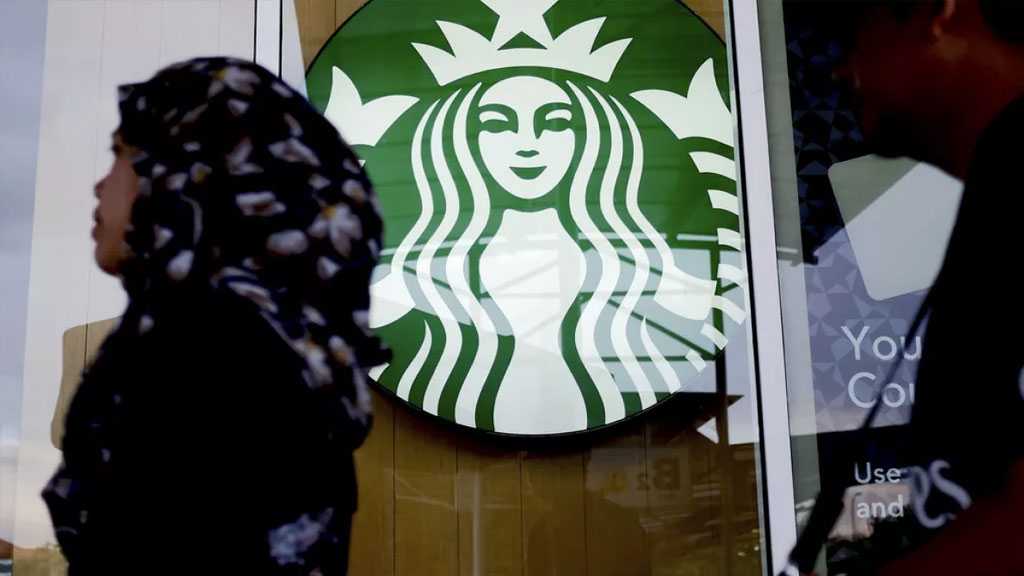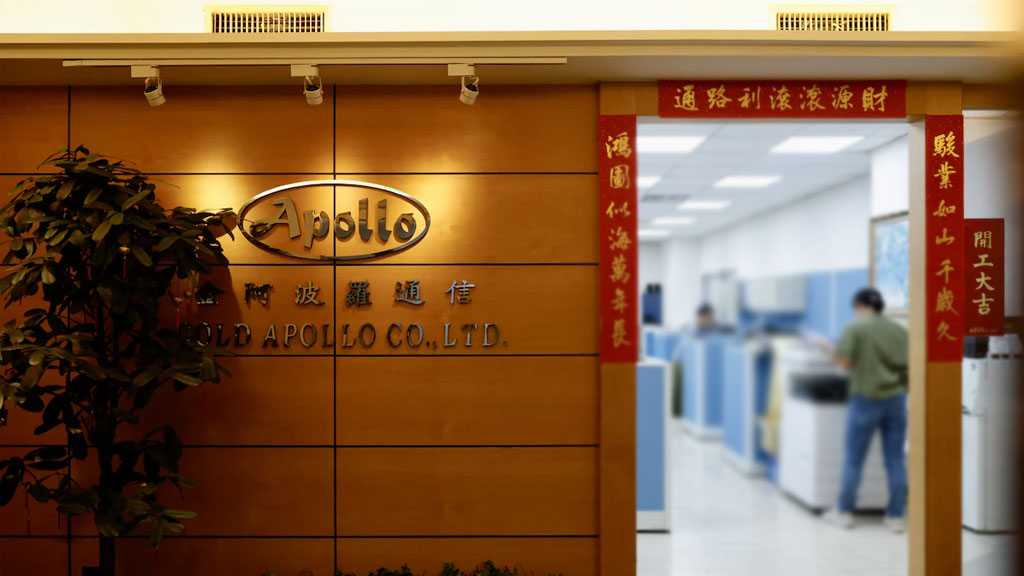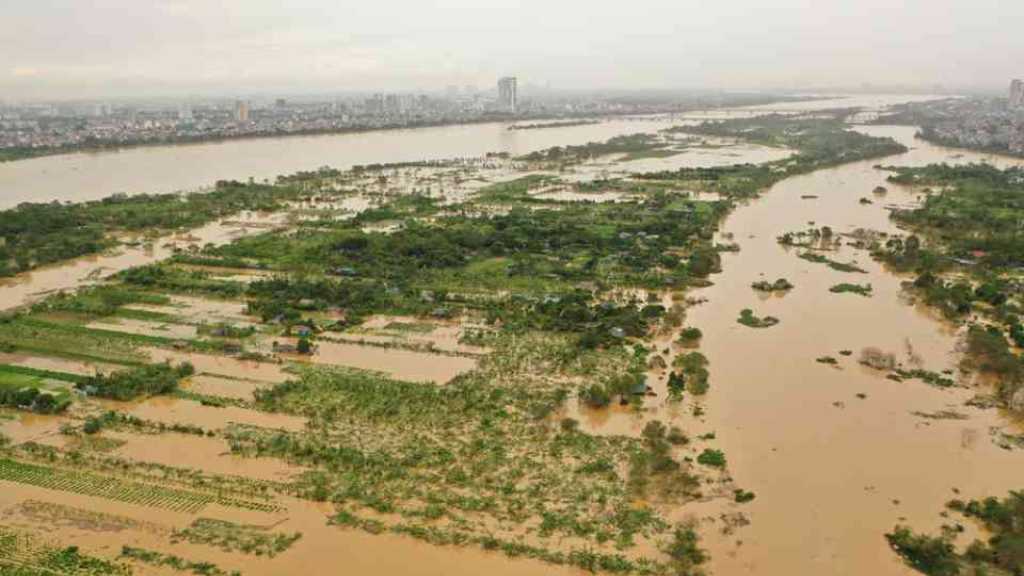Western Ambassadors Skip Nagasaki Ceremony Over “Israel” Exclusion
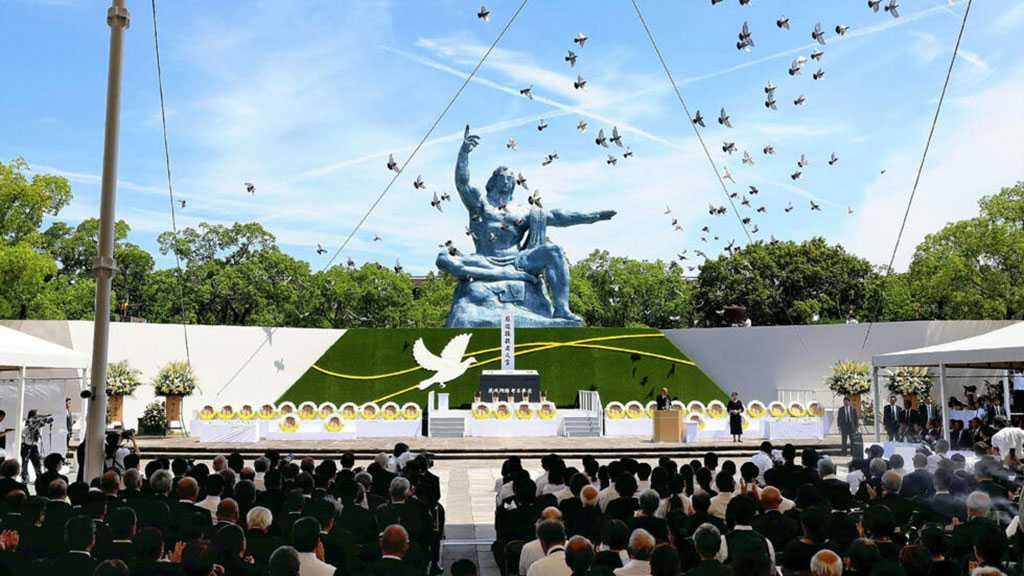
By Staff, Agencies
Several Western ambassadors chose to skip the 79th anniversary ceremony of the US atomic bombing of Nagasaki in response to Japan's decision to exclude the apartheid “Israeli” entity from the event.
This exclusion was a direct consequence of the ongoing conflict in Gaza, where the “Israeli” military's actions have resulted in significant Palestinian casualties.
US Ambassador to Japan Rahm Emanuel, British Ambassador to Japan Julia Longbottom, and representatives from Canada, France, Germany, Italy and the European Union were notably absent from the commemoration held on Friday.
Their absence was a reaction to Japan’s stance against the “Israeli” entity, which was uninvited due to its military actions in Gaza.
In June, Shiro Suzuki, the mayor of Nagasaki, had sent a letter to the “Israeli” embassy urging an "immediate ceasefire" in Gaza, following the entity’s violent operations that resulted in numerous Palestinian deaths.
On Thursday, Suzuki expressed regret over the Western ambassadors' absence, stating, "It is unfortunate that they have communicated to us that their ambassadors are not able to attend. We made a comprehensive decision not for political reasons. We want to conduct a smooth ceremony in a peaceful and solemn environment."
The ceremony, held at Nagasaki Peace Park, saw attendance from approximately 2,300 participants, including representatives from about 100 countries.
At 11:02 a.m., a moment of silence was observed to mark the exact time when the plutonium bomb, codenamed "Fat Man," was dropped by a US bomber on August 9, 1945.
Prime Minister Fumio Kishida, speaking at the ceremony, declared, "We will continue to demand that Nagasaki be the last city to experience atomic weapons amid deepening rifts between countries regarding nuclear weapons."
He also urged the Japanese government to sign and ratify a UN treaty banning nuclear weapons and called for Japan to spearhead discussions aimed at easing regional tensions and advancing disarmament in Northeast Asia.
Mayor Suzuki further challenged nuclear states and their allies, stating, "Leaders of the nuclear states and states under the nuclear umbrella must confront the reality that nuclear weapons pose an increasing threat to humanity."
He advocated for dialogue and diplomatic efforts to seek peaceful solutions instead of pursuing arms expansion or threats of force.
The atomic bombing of Nagasaki, which resulted in the death of approximately 70,000 people, occurred three days after the first bombing on Hiroshima on August 6, 1945, which had killed around 140,000 and left many others suffering from severe burns and radiation-related illnesses. Japan's surrender on August 15, 1945, marked the end of World War II.
Barack Obama became the first sitting US president to visit Hiroshima's Peace Memorial in 2016. During his visit, he refrained from apologizing for the bombings or undermining President Harry Truman's decision to deploy nuclear weapons.
Comments
- Related News
